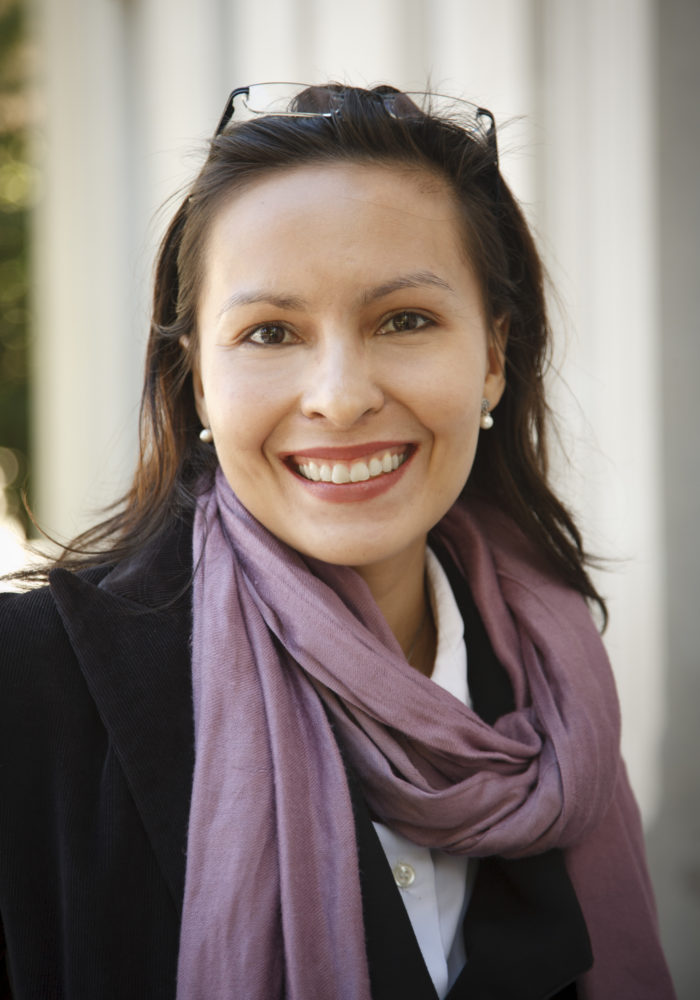Annette Lienau
Posted on February 01, 2019
Annette Damayanti Lienau joined Harvard’s Department of Comparative Literature as an Assistant Professor in 2018. Her core research uses the legacy of the Arabic language as a lens for transregional studies of post-colonial writing, offering an alternative approach to the often binary (colonial/post-colonial) constructions used in more isolated studies of national literary histories.
Lienau’s first book, Sacred Language, Vernacular Difference: Global Arabic and Counter-Imperial Asian and African Literatures (under review with Princeton University Press) traces how Arabic—as an inter-ethnic language— evolved as a counter-imperial medium and symbol, and became intertwined with debates about cultural parity and racial equality in the nineteenth and twentieth centuries. The book moves historically from colonial documents to counter-imperial writing and has the distinction of working inter-imperially, encompassing original work on texts and languages from the former territories of French West Africa, Egypt under British occupation, and the Dutch East Indies.
Her book also considers the extent to which a common linguistic situation—the historical use of the Arabic script for vernacular languages and the preservation of Arabic as a religious medium among diverse communities—influenced the evolution of literary and textual standards in three national cases with distinct imperial legacies: Senegal, controlled by the French, Indonesia by the Dutch, and Egypt by the Ottoman Empire and subsequently by the British Empire. It thereby examines how Arabic impacted the formation of emerging national literatures in ways that contrast with vernacular European literatures evolving from a Latin ecumenical context. Her book equally traces how regions in West Africa and Southeast Asia, once culturally unified through the common use of the Arabic script, were later divided by the colonial introduction of European languages and romanized print.
For a subsequent project, Lienau will be exploring materials on the cultural memory and literary traces of mass uprisings in Indonesia (1998) and Egypt (2011), assessing and comparing these major historical transitions alongside their joint implications for post-colonial studies towards the turn of the twenty first century. She will also be working towards a longer-term project on counter-imperial writing and transregional histories of sabotage, provisionally entitled From Sabotage to (Counter)-Revolution: Thresholds of “Liberation” within the Global South.
Lienau completed her Ph.D. in Comparative Literature from Yale University (2011) and received a Certificate of Arabic Studies from the Center for Arabic Studies Abroad (American University in Cairo, 2006-2007). She also received an M.A. in French Studies from Middlebury College in Paris (2003), through which she enrolled at the Sorbonne Nouvelle (Université de Paris III). In addition to working in Arabic and French, Lienau is a heritage speaker of Indonesian. She has also pursued training in Wolof at the Centre de Linguistique Appliquée de Dakar (Université Cheikh Anta Diop).

